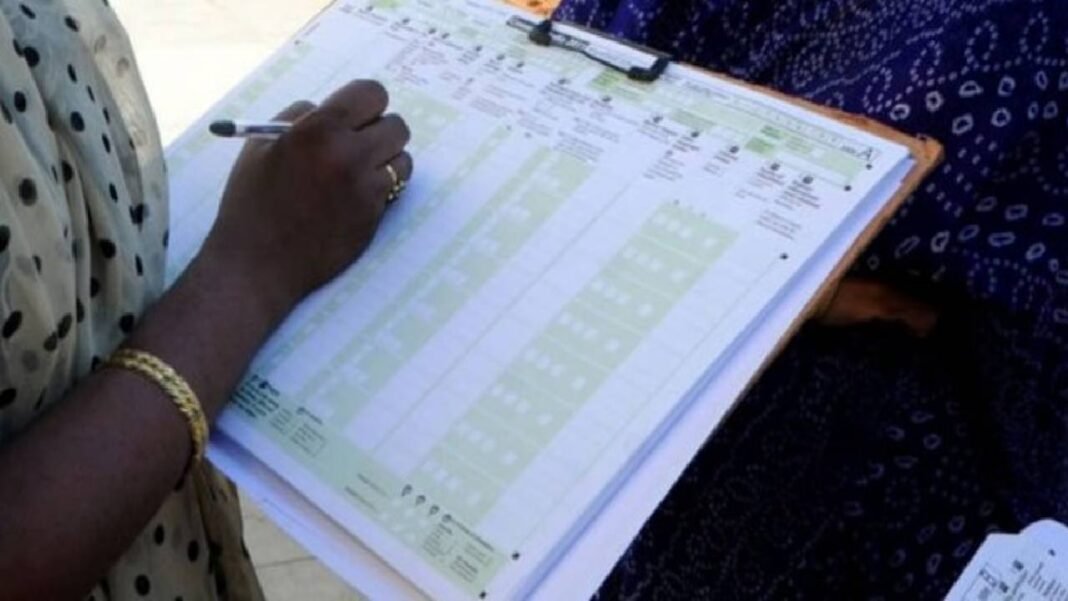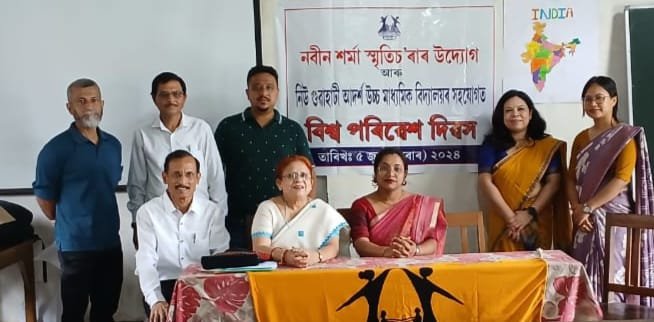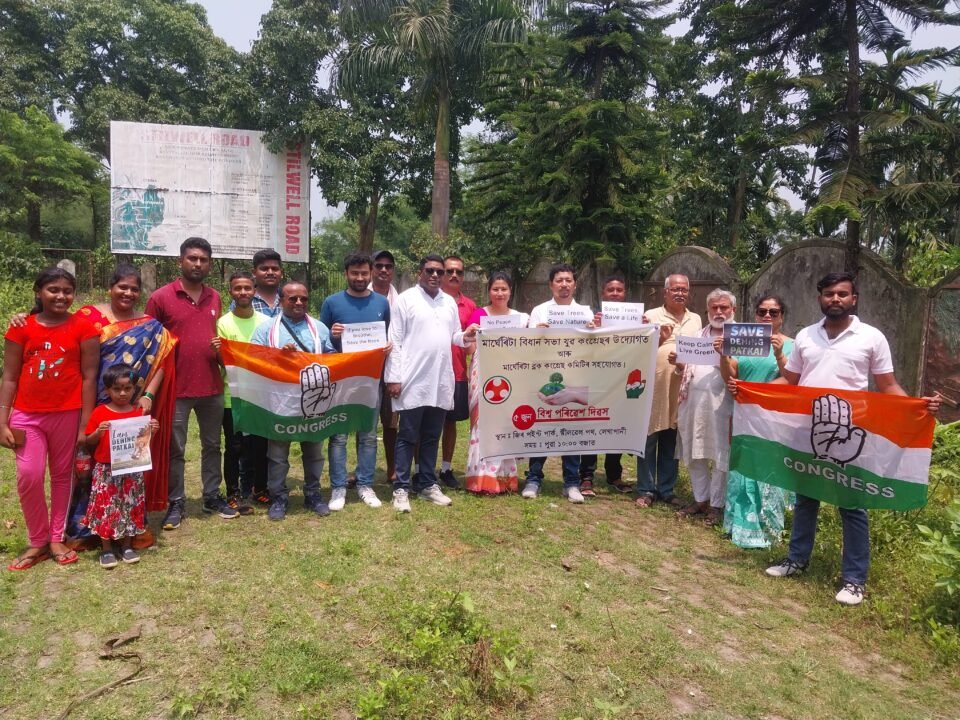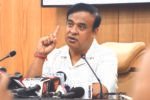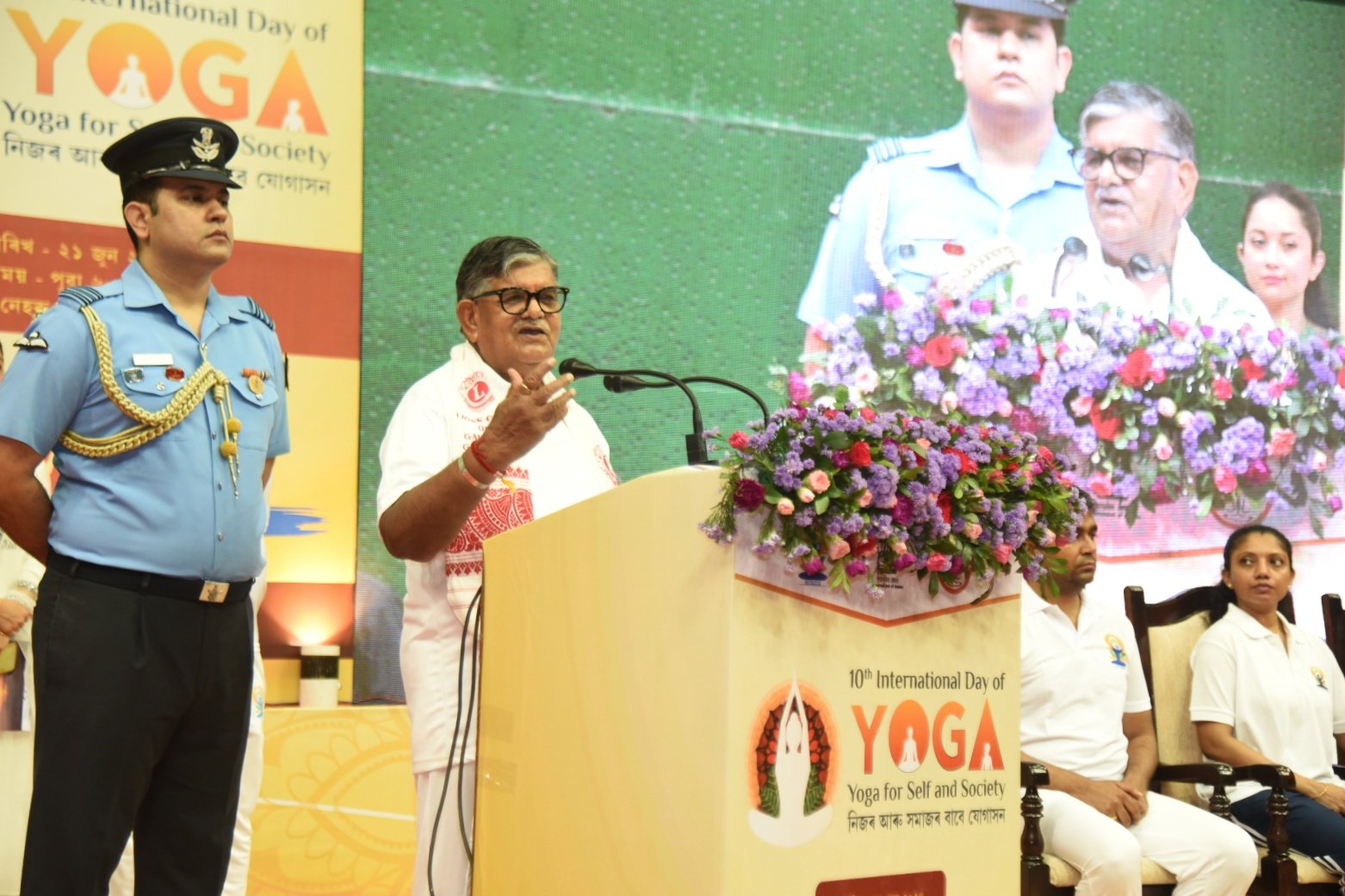GUWAHATI, June 5: Chief Minister Himanta Biswa Sarma on Thursday said that the caste census will greatly benefit the indigenous Muslim community living in both the Brahmaputra and Barak Valley in the state.
The Centre on Wednesday announced that India’s 16th Census with caste enumeration will be carried out in 2027.
The indigenous Muslim communities of Assam have been demanding for a long time, a caste-based census to assert their distinct socio-cultural identities, the chief minister said on the sidelines of the World Environment Day programme here.
“The proposed caste enumeration in the upcoming national census is expected to fulfil their decades-old aspiration for formal recognition of their independent identity—distinct from broader religious classifications and migratory groupings,” he said.
Communities such as the Goria, Moria, Deshi, Syed, and Jolha (Julha) Muslims of the Brahmaputra Valley, along with the Kiren and Maimal Muslims of the Barak Valley, have consistently maintained that while Islam is their religion, they also possess unique ethnic, linguistic, and cultural traits which differentiate them from migrant-origin or non-indigenous Muslim populations, Sarma said.
The chief minister had last month said that the Assam government has initiated preparatory measures to conduct a comprehensive caste census aimed at documenting and distinguishing the indigenous Muslim communities of the state.
These communities have preserved distinct traditions, dialects, and historical narratives that are deeply rooted in Assam’s civilizational heritage and cultural landscape.
The Cabinet Committee on Political Affairs (CCPA) decided on April 30 that caste enumeration will be included in the next census exercise.
The Congress and other opposition parties have been demanding a nationwide caste census, making it a major election issue, and some states like Bihar, Telangana and Karnataka have conducted such surveys. (PTI)


